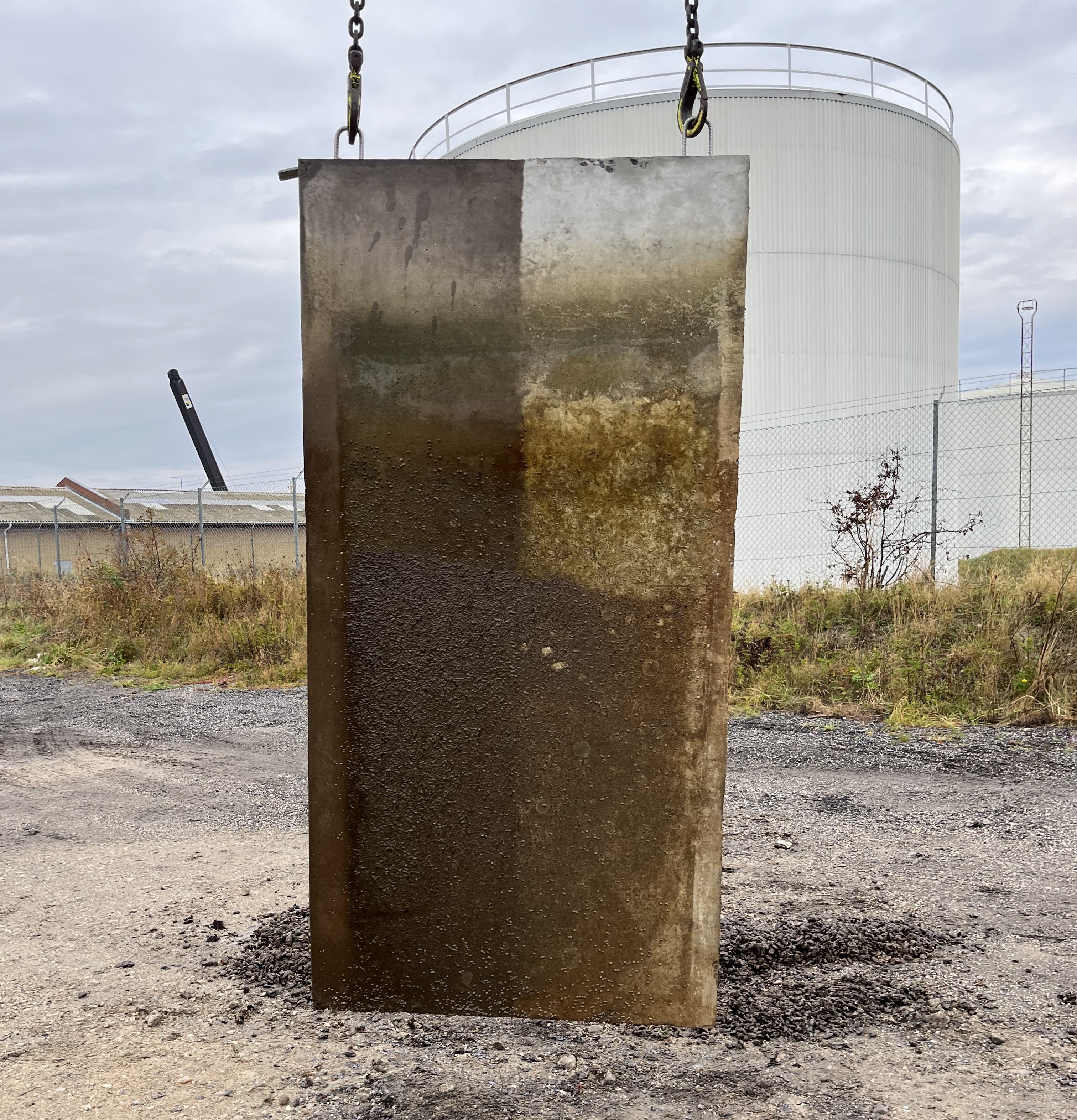CANCELLED - ONLINE - News from the world of concrete research

IDA supports the UN's world goals
IDA wants to make visible the link to the United Nations 17 Sustainable Development Goals (SDG). This event covers, among other things, the above development goals. Read more about the UN's 17 Sustainable Development Goals (SDG)
PhD students from various universities will share their latest research in cement, concrete, and construction, with projects ranging widely from durability issues, structural challenges, cement chemistry, recycling, and much more. This is a unique opportunity to learn about innovative solutions and technological advancements that can transform the future of concrete as a building material. Come and be inspired by tomorrow's experts!
Note: This event will be held in English.
PROGRAM:
Welcome and brief introduction to the day's program
by Katarina Kolding Schlage and Katja Udbye Christensen, Dansk Betonforenings Idé og Foredragsudvalg
Boosting Clay Reactivity through Mechanical Activation for Low-Carbon Cement Production
by Marcelly P. Ciprano, FLSmidth Cement / RWTH Aachen
Reducing CO₂ emissions from cement production requires using alternative materials to replace part of the clinker. With traditional options of supplementary cementitious materials becoming less available, attention is turning to clays as a more widely available resource. As part of the DETOCS project, this work looks at how mechanical activation can improve the reactivity of clays in cement. We also investigate how current test methods reflect that reactivity, highlighting the need to match testing approaches with the specific characteristics of each clay. In addition, we are exploring how mechanical activation works at a fundamental level, and how grinding parameters and material's properties influence reactivity.
Clays, Chemistry, and the Clock: Accelerating Reactivity Insight in low-carbon cement design.
by Sandra Mujombi, FLSmidth Cement / RWTH Aachen / University of Illinois at Urbana-Champaign
The cement industry is urged to reduce CO₂ emissions, with clinker substitution by supplementary cementitious materials (SCMs) representing the most effective strategy. However, as the availability of traditional SCMs such as fly ash and blast furnace slag progressively diminish, there is a need to identify and evaluate alternative SCMs. This highlights the importance of fast methods to assess SCM reactivity, particularly given their inherent variability. While current tests, such as the R3 method, correlate well with strength development, their extended duration (7 days) limits their applicability for online industrial use. To overcome that, we are looking into novel test methods in the DETOCS project; and this is the topic of my presentation. We will introduce the UR2 test - a method that can assess SCM reactivity in 5 minutes - and showcase its application on industrial calcined clay.
Reuse of Structural Concrete Elements: Documentation of Properties by Non-Destructive Testing
By Serkan Karatosun, DTU SUSTAIN
The reuse of structural concrete elements offers significant environmental benefits but remains limited due to the absence of reliable documentation methods. This presentation introduces a practical, non-destructive testing procedure developed for assessing the properties of structural concrete elements in existing buildings. The methodology was validated through laboratory studies and full-scale field applications and forms the basis for a new guideline (DS/INF) published by Danish Standards. The outcomes enable the safe and scalable reuse of structural elements, supporting the circular transition of the construction industry in Denmark.
Investigation of dry and semi-dry mineral carbonation process at high temperatures
by Arailym Umirova, DTU Chemical Engineering
This presentation investigates a high-temperature dry and semi-dry mineral carbonation as a method for CO₂ capture in the cement industry. CO₂ reacts with solid sorbents such as natural minerals, industrial wastes and cement-based materials to form stable carbonates, which can be later reused in concrete. The study demonstrates promising potential for optimizing this process to enable circular and low-emission construction practices.
______________________
Save the entrance fee by joining the network before registering for the event.
If you are a member of the Dansk Betonforening network, participation is free.
Join Dansk Betonforening before registering. Sign up here (Remember you must be logged in to ida.dk).
(A membership in Dansk Betonforening is free and non-binding for IDA members, and you can be a member of as many networks as you wish.)
______________________
Organizer: Dansk Betonforening - IDA, Engineering Society.
Join Dansk Betonforening - get the newsletter and favorable member prices!
Membership in Dansk Betonforening es free for IDA members. If you are not a member, sign up here before registering (Remember, you must be logged in to ida.dk).
Stay informed, subscribe Dansk Betonforening's Newsletter
Anyone can join Dansk Betonforening's newsletter for free and get info on the latest events: Subscribe to newsletter here
Sign up - Not a member of IDA?
To register, you need to create a user profile. Note, when creating a user profile, you will be able to access IDA's online services - you will not become a member of IDA.
You can sign up for Dansk Betonforening as a guest membership via this form, annual fee DKK 500. Corporate membership can be obtained via this form.
Important information regarding personal data on participant lists:
Your name, title and company name will appear on the participant list for this event if you have previously given consent or have given consent in connection with registration to this event. The participant list is available to the organizer and the other participants at the event itself in the form of a participant list. At some events, a name tag is also given out, where your name, title and company name appear. If you unsubscribe from the event, your information will no longer appear on the participant list.
You can read more about consent here.
When you are registered as a participant at this conference, you will also automatically receive info about the next event/conference within the same subject area.
IDA supports the UN's world goals
IDA wants to make visible the link to the United Nations 17 Sustainable Development Goals (SDG). This event covers, among other things, the above development goals. Read more about the UN's 17 Sustainable Development Goals (SDG)